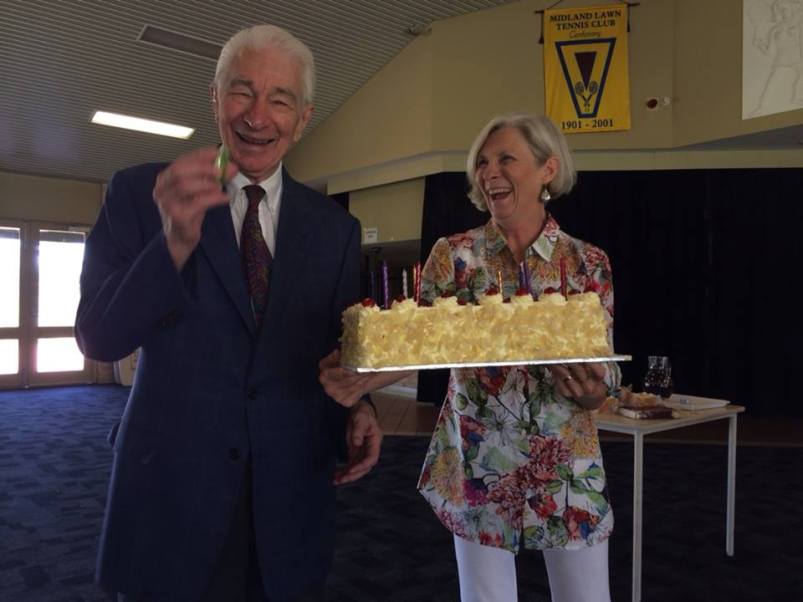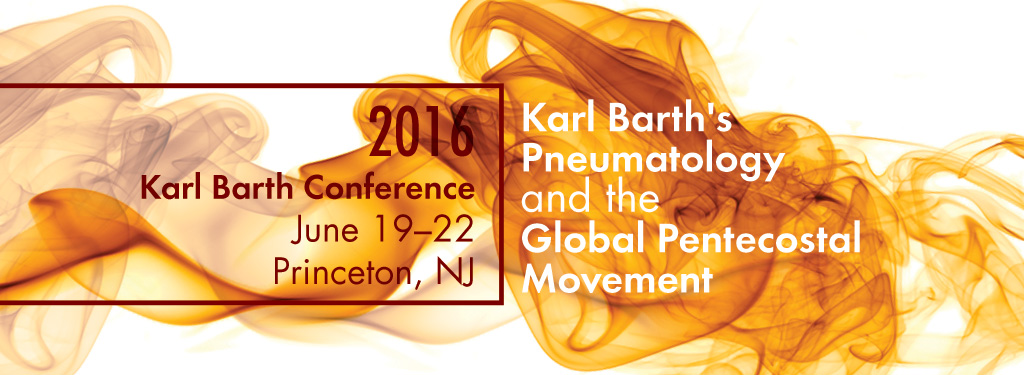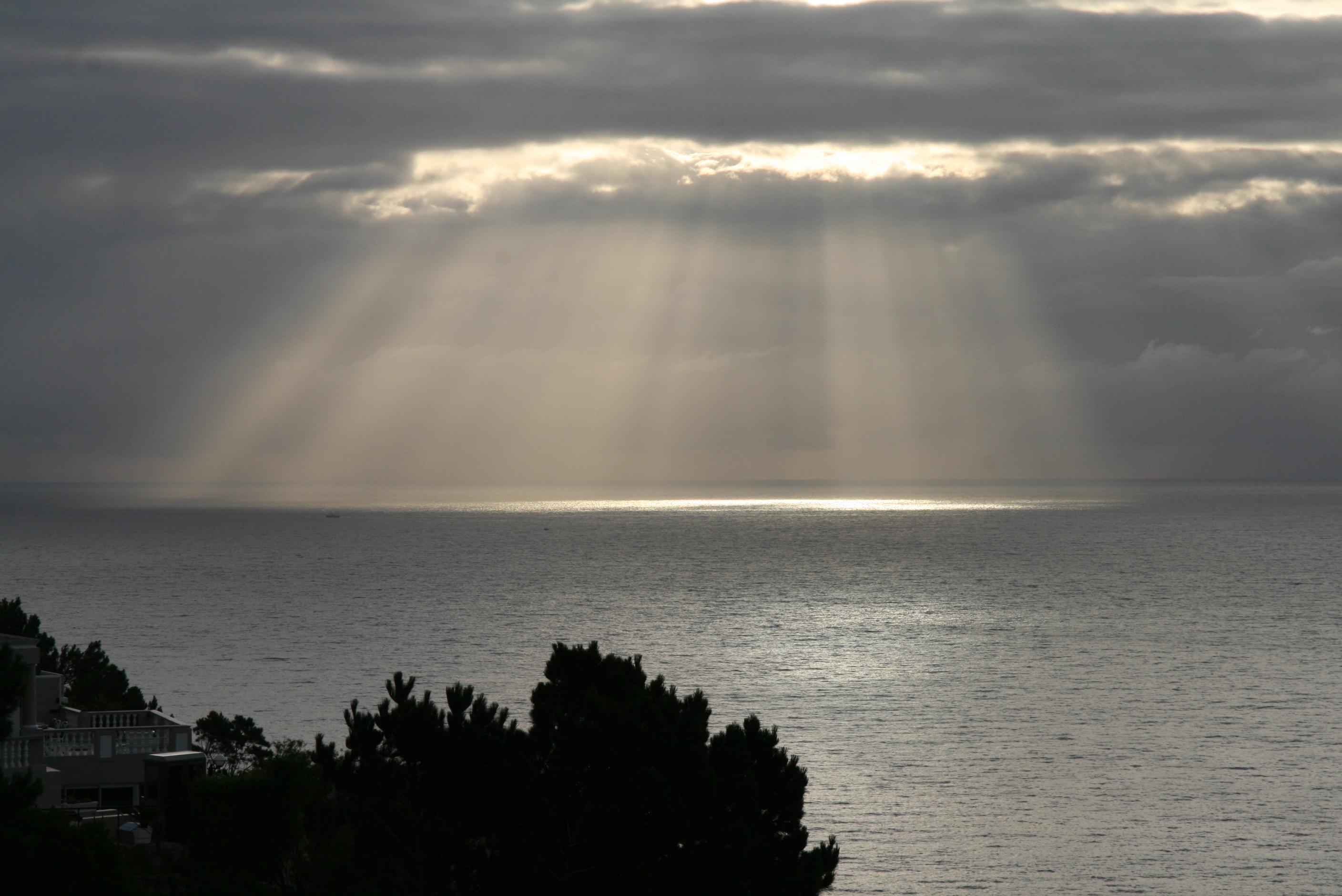 A week or so ago I was invited to give a brief (15 minutes!) introduction to Christian Moral Reflection to a Baptist congregation who gathered to meet on a rainy Friday evening. I rejoiced that the church leaders cared to instruct their congregation with respect to serious moral issues, and provide forums for discussion and deliberation on these matters. I shared the agenda with Scott Higgins who was speaking about asylum seekers and Christian responsibility in face of an upcoming election. Other speakers addressed topics such as responding to homelessness in the local area, ethical shopping, etc. My short address was first on the agenda and hopefully helped set a framework for how Christian congregations might engage in moral reflection. Certainly the discussion in the forum group afterwards was lively, engaged and heartening.
A week or so ago I was invited to give a brief (15 minutes!) introduction to Christian Moral Reflection to a Baptist congregation who gathered to meet on a rainy Friday evening. I rejoiced that the church leaders cared to instruct their congregation with respect to serious moral issues, and provide forums for discussion and deliberation on these matters. I shared the agenda with Scott Higgins who was speaking about asylum seekers and Christian responsibility in face of an upcoming election. Other speakers addressed topics such as responding to homelessness in the local area, ethical shopping, etc. My short address was first on the agenda and hopefully helped set a framework for how Christian congregations might engage in moral reflection. Certainly the discussion in the forum group afterwards was lively, engaged and heartening.
I started the lecture with an account of about a dozen moral issues I had confronted in my own life in the past two weeks, including everything from reflecting on euthanasia, care for elderly parents, whether I can buy Levis since I need new jeans, how many books do I actually need, whether I should watch Game of Thrones, if it is okay to work in certain industries (e.g. military, banking, etc.), why I work such long hours, how we should use our money now that we receive more of it than we have in the past, and so on…
*****
So many issues! So many feelings, decisions and responsibilities! So many different areas of my life: family, relationships, work, church, faith, money, character, words, leisure, sexuality, marriage, promises, habits, clothing, possessions, animals, food, emotions, thoughts, values, priorities—it never ends! From the most personal to the most public aspects of existence, my life and choices are put to question. It seems all too much! And yet, all of it is important. What am I to do? What am I responsible for? How do I even make all these decisions? Should I even try? Or just kick back and lose myself in Netflix?
To be human is to be confronted with ethics. Even those who reject most of the ethical positions society insists on usually have a code of ethics that binds them together. Honour among thieves.
What is (Christian) Ethics?
Ethics has to do with right and wrong, good and evil, better and best, beauty and value. What makes a beautiful life, a good life, a life that is characterised by truth? Ethics is concerned with issues and decisions, proper conduct and good character. What Must I Do?
Christian ethics asks the same question and is concerned with the same issues, but from a distinctively Christian point of view. Now that I am a Christian, how should I think about all these things? Does being a Christian make any difference? Yes, actually. Right from the start, being a Christian meant living differently to those around us.
Given the utter complexity of modern life and the plurality of issues with which we are faced how can we live ethically? What resources do we have?
One answer to that question is immediately apparent for Christians: God has given us the Scriptures! Yes, absolutely! The Bible is the supreme, unique and irreplaceable guide for Christian life, including Christian ethics. Yet, Scripture is not clear on many issues and silent on many more. Even those topics addressed by Scripture in some degree are open to different interpretation and different application by godly, sincere believers. How, then, can we become a Christian, and more importantly, a Christian community, shaped by Scripture? How might we think? How should we behave?
Christian Moral Reflection
In his brief essay on Christian moral reflection Oliver O’Donovan states that,
Christian moral reasoning involves the exercise of two kinds of thought together: 1. reflection; and 2. deliberation. Reflection is thought about something; when we reflect, we ask, ‘What is the truth?’ Deliberation is thought toward action; when we deliberate, we ask ‘What are we to do?’ (O’Donovan, “Christian Moral Reflection” in Atkinson (ed), New Dictionary of Christian Ethics and Pastoral Theology).
To reflect is to think about things in general. Christians reflect on the revelation of God given in Christ, digging deeply into the words of God, seeking to understand his ways and his will. The words of Scripture—the laws, the songs, the narratives and stories, the proverbs and parables, the teachings, the letters, the promises, commands and warnings, the visions, the prophets and even all the weird bits: all these help us grasp a little of God’s will for our lives. They begin to shape a Christian imagination that can envision the kingdom, that can imagine a way of being Christian in the world. Christians ponder the ways of God in his interaction with the world, and what it means to be the people of God in the midst of the world.
Christians also explore the world itself, God’s creation and the ways of the world, its patterns and purposes, all in the light of revelation. They contemplate the experience of life in the world in the light of revelation to gain further insight into God’s purposes for human life. All the stuff of life is food for thought. Anything and everything becomes an object of reflection. We talk about this stuff in our churches and home groups, thinking about the whole of life in the light of God’s revelation in Scripture and in Christ.
This kind of theological and practical reflection provides the context for deliberation, which is thought towards action. Christians deliberate when they must consider how they will respond and act in specific cases and situations. What does it mean to deliberate? Judges, doctors and politicians all deliberate. It means to assemble all the facts of the case at hand and consider them carefully in light of the relevant frameworks we have developed in our reflections. To deliberate is to propose and examine various options and approaches to the issue at hand, to give and hear reasons for each approach, and to weigh them up. Deliberation as ‘thought toward action’ considers how one is to respond and act in specific cases and situations. However, as O’Donovan goes on to say,
There must be a corresponding form of deliberation, so that we think how to shape the way we live, not only how to shape the next thing we do. We can frame policies for the conduct of our lives. … We deliberate on our attitudes to specific areas of practical concern. … To form that attitude rightly is part of the obedience we each owe God. … We must form a policy about the right and wrong of sexual self-disposal, for example, quite apart from any particular occasion of sexual opportunity; we must have attitudes to the possession and use of wealth before we inherit an estate. We need to approach concrete decisions with moral policies already formed.
Moral reflection, then, is a form of what is called practical reason, the development of frameworks within which to think about moral action, and then the exercise of deliberation in particular cases in order to discern what response is most fitting in the circumstance. Allen Verhey speaks about becoming a community of discourse, deliberation and discernment where such conversations are the normal pattern of life in the church. All three phases are necessary for Christian moral reflection just as they are for a doctor’s professional practice. There may be multiple possible responses to the situation we face. Which is best? Which is most fitting in light of the gospel? Which response has best chance of bringing forth good fruit? There may be multiple possible responses, but not all are equally worthy.
Conclusion
In this short piece I have not tried to say what Christians must think and do. Nor have I had time to reflect as a Christian on any particular issue. What I have tried to do is to show the way in which Christian moral reflection may be undertaken so that you may practise this in your Christian community and by so doing, become a community of moral discourse, deliberation and discernment, and more importantly, further the purposes of God in the world through the witness of your loving lives. This Christian ethics: to live as the people of God in the world, as a community of worship, Word and witness.
 Last week we studied the first six verses of this psalm
Last week we studied the first six verses of this psalm





